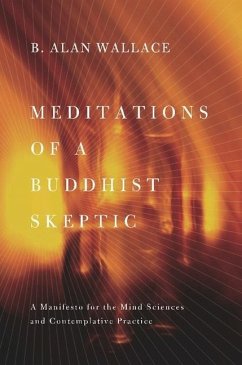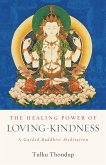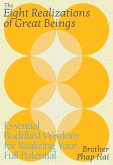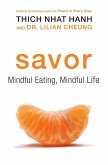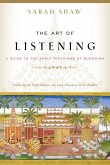Renowned Buddhist philosopher B. Alan Wallace reasserts the power of shamatha and vipashyana, traditional Buddhist meditations, to clarify the mind's role in the natural world. Wallace challenges the claim that consciousness is nothing more than an emergent property of the brain with little relation to universal events. Rather, he maintains that the observer is essential to measuring quantum systems and that mental phenomena (however conceived) influence brain function and behavior. Wallace embarks on a two-part mission: to restore human nature, and then to transcend it. He begins by illustrating the value of skepticism in Buddhism and science and the difficulty of merging their experiential methods of inquiry. Yet Wallace also proves that Buddhist views on human nature and the possibility of free can liberate us from the metaphysical constraints of scientific materialism. He also explores the radical empiricism inspired by William James, applying it to Indian Buddhist philosophy's four schools and the Great Perfection school of Tibetan Buddhism. He concludes with an explanation of shamatha and vipashyana and their capacity? for realizing the full nature, origins, and potential of consciousness.
Hinweis: Dieser Artikel kann nur an eine deutsche Lieferadresse ausgeliefert werden.
Hinweis: Dieser Artikel kann nur an eine deutsche Lieferadresse ausgeliefert werden.

